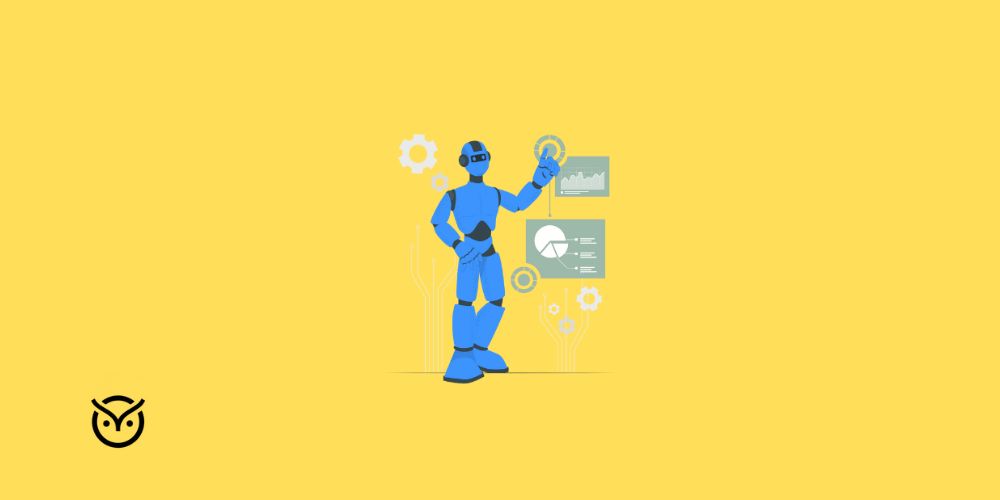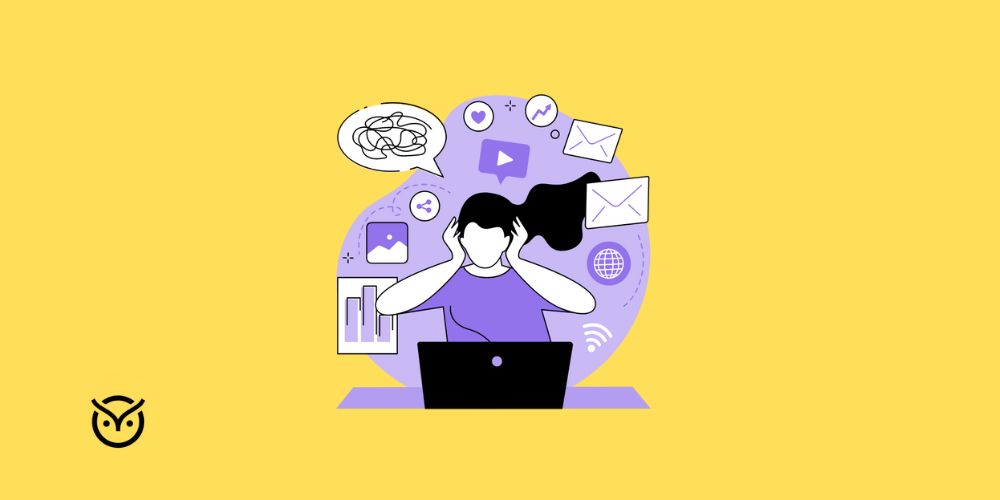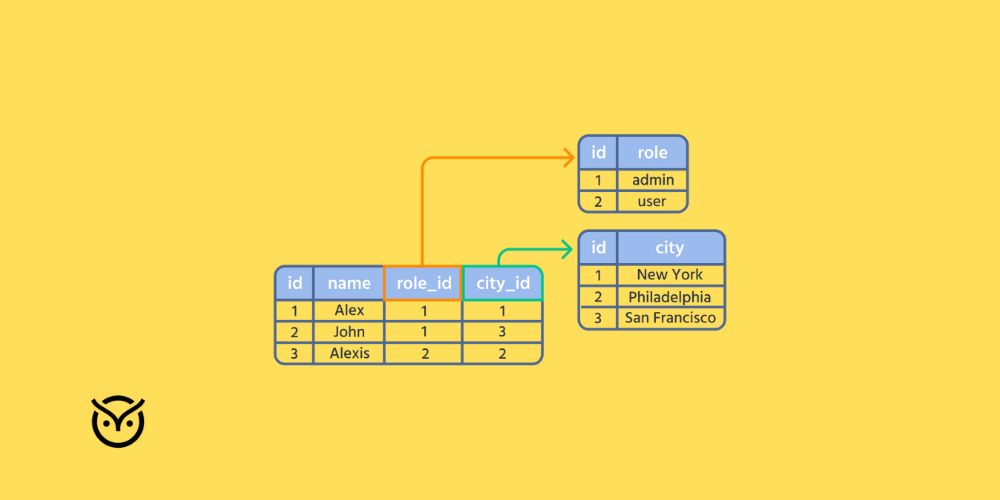
TL;DR
- The UK is a leading market for AI recruitment trends and insights for HR tech.
- AI speeds up screening and expands reach.
- Key trends include AI screening tools, analytics, and chatbots.
- More AI recruiting software tools are emerging in the UK.
- Teams must balance tech, people, and compliance.
Hiring the right people has always been tough, and for UK HR teams, it’s getting tougher. With more applicants, hybrid work, and global competition, teams must sort and select talent much faster. This is where AI recruitment trends and insights for HR tech come into play. Using smart tools and data to improve hiring while keeping the human element.
In this article, you’ll learn why the UK has become a go-to market for AI-powered hiring. You will learn what is driving adoption, which tools are leading the market, and what challenges to keep in mind. If you’re working in UK recruitment or HR tech, you’ll leave with actionable insights to take the next step.
Why Recruiters Prefer the UK for AI-Powered Hiring
For recruiters advertising roles or screening CVs, the UK offers a uniquely receptive market for AI-powered hiring. This is why many recruiters in job ads choose the UK for AI-powered hiring, as the local ecosystem supports it. The country has strong tech infrastructure, widely available digital talent, and progressive data and hiring regulations.
Research shows that 48% of UK recruitment agencies now use some kind of AI in their hiring process. This gives recruiters confidence to invest in new tools, pick the right partners, and grow their digital hiring systems. In fact, reports show that candidate screening using AI has improved matching accuracy by up to 70%.
In short, UK recruiters benefit from a marriage of technology readiness, talent availability, and business demand. This makes the UK a leading stage for AI hiring trends.
Trends Driving AI Recruiting in the UK
The list of trends in the UK is growing. Here are five of the most important in the world of AI recruitment trends and insights for HR tech:
- Heavy use of screening and sourcing automation
Studies report that 62% of UK HR professionals rely on AI specifically for screening candidates, and 55% use it to craft job ads. By automating the initial review of CVs, job adverts, and candidate outreach, the process becomes faster and more consistent. - Predictive analytics and quality-of-hire tracking
Surveys show that about 56 percent of UK Talent Acquisition professionals feel that AI helps them measure the quality of new hires more clearly. For them, the focus is not just on filling open roles but on choosing people who are more likely to perform well, fit the culture, and stay longer, guided by real data instead of guesswork. - Focus on candidate engagement and experience
Chatbots, auto-communications, and scheduling tools are becoming standard. Instead of focusing solely on automation, recruiters aim to combine technology with a human touch so candidates still feel valued, not just processed. - Growing investment and business urgency
Research found that AI could unlock productivity gains worth about US$532 billion in the UK, and 87% of UK recruiters say their CEOs rely on them to build the «workforce of the future». This pressure drives faster adoption and innovation in recruitment tools. - Emergence of specialized tools and software
With the trend toward data-driven hiring, new AI recruiting software tools are emerging that combine screening, matching, analytics, and bias monitoring in a single package. This tool-rich environment is fuelling more advanced and tailored hiring strategies.
Also, it’s worth noting the impact of changing workforce patterns and roles: the rise of the mobile workforce automation trends means that recruiters must now cope with remote, flexible, gig-based, and global talent pools.
AI Screening Tools Leading the Trend
AI screening in the UK has moved far beyond simple keyword-matching. Today’s AI screening tools combine behavioural signals, skills insights and role-based scoring models to help teams review large volumes of applicants without losing fairness or accuracy.
Most UK platforms now use machine learning to scan CVs, extract job-related competencies, and convert them into structured insights. This is one of the reasons UK recruiters who work in job ads and CV screening prefer AI-powered hiring. They get faster shortlists, clearer scoring, and better matches. Many tools also run bias-detection layers that alert hiring teams to decision patterns that may need human review.
Video-led AI screening is becoming more common in the UK. Some platforms look at elements like tone, key phrases, clarity, and how well a candidate answers each question. Even so, hiring teams in the UK tend to use these features carefully. With growing attention on ethics and fairness, most recruiters treat video AI as a support tool and keep the final decision in human hands.
Skills-first hiring is becoming more common in the UK. Teams are paying closer attention to what a person can actually do, then checking if those skills fit the work they need done. Past titles matter less because they do not always show someone’s real ability.
UK adoption continues to rise because the tools save time, reduce manual review, and create a consistent, fairer workflow while still allowing recruiters to step in and adjust decisions where needed.
Challenges in AI Adoption
Even with all the advantages, AI hiring in the UK faces a few hurdles.
The first challenge is knowing where automation should stop. Some HR teams start using new tools without fully understanding how the systems make decisions, which can cause confusion or over-dependence. AI can help a lot, but human judgment is still needed for context, culture and final hiring choices.
The second challenge is transparency. UK regulators expect companies to explain automated decisions clearly, especially when those decisions impact employment. This means HR teams must know what data the tool uses, how candidate scores are generated, and what steps are taken to reduce bias.
Another challenge is managing the shift to new systems. Some recruiters feel uncertain about adopting fresh tools or fear that automation will take over the parts of the job that rely on personal connection. Companies that handle this well train their teams, set clear roles, and use AI to support people rather than replace them.
Data privacy is another important concern. The UK has strict rules on how personal data is handled, and HR teams need to make sure their tools store, use and share that information safely, especially when the system moves data across different countries.
Finally, candidate perception matters. UK job seekers are increasingly familiar with automation, but they expect clear communication, transparency, and a fair process. Employers who use AI without explaining how it works risk damaging trust.
This is why most organizations approach the market with a strategy that balances automation with empathy. AI helps with speed and accuracy. Recruiters bring clarity, fairness, and human connection. Used together, they form an effective hiring model powered by the best of both worlds.
Conclusion
The UK has grown into one of the most active markets for AI-driven hiring. Recruiters benefit from solid digital systems, a wide range of skilled talent, and an environment that encourages new ideas. As these tools improve, companies are discovering faster ways to screen candidates, make better hiring choices, and cut out the manual steps that slow everything down.
With a good mix of technology and human judgment, organizations in the UK can build hiring systems that work faster, feel fair, and stay ready for the future. The important part is knowing how the tools work, following clear ethical standards, and keeping the candidate experience front and centre. AI is not meant to take over the human side of recruitment. It is meant to support it and make it stronger.
FAQs
-
UK recruiters have access to a strong tech ecosystem, supportive regulation, and a large candidate market that accepts digital screening. This makes it easier for employers to deploy AI tools confidently and scale them across their hiring teams.
-
There is no single mandatory audit law yet, but companies are encouraged to carefully review AI tools. Most HR teams follow best practice audits that include bias checks, data transparency reviews, and documentation to remain compliant with local guidelines.
-
Yes. Many tools built in the UK operate internationally and support companies hiring across different regions. Companies choose them because they combine global reach with UK level compliance standards.
-
Yes. Most candidates understand that AI helps with high application volumes as long as people remain part of the final decision making. Clear communication and transparent hiring practices help maintain trust.




